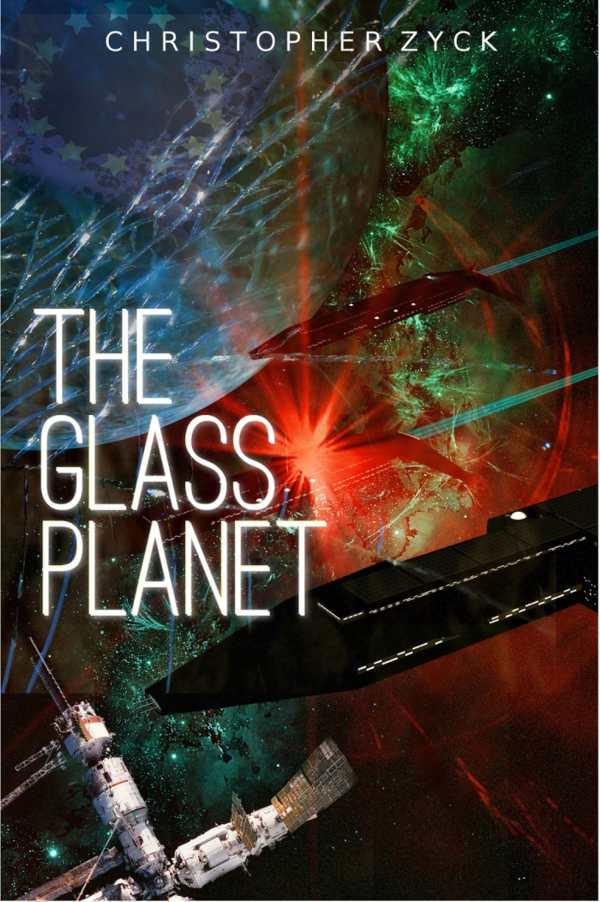
The Glass Planet
The Glass Planet is a philosophical science fiction novel set in a semiutopian future where corruption still takes hold despite altered human priorities.
In the future of Christopher Zyck’s science fiction novel The Glass Planet, a centuries-long lifespan shifts the human zeitgeist toward environmental conservation and economic prosperity.
A woman and a man wake up in a strange cave with no memory of who they are and how they got there. More excited than nervous to explore their environment, the two set off, observing and navigating the vibrant, biodiverse jungle beyond the cave. They meet a few human inhabitants who reveal that the couple, Jürgen and Catherine, are archaeologists who time traveled to this miraculous place—Earth as it is three hundred years from their original timeline—to assimilate into its society. Catherine and Jürgen enroll in training, befriend a few exuberant locals, and become the obsession of a corrupt philanthropist, Patrick, who aims to use their uncommon origins to his benefit.
The year 2339 is much different from 2005: adults go through a procedure to extend their lifespan at the age of twenty-five; a two-child policy prevents overpopulation; climate change has been reversed and rain forests have been restored and reconfigured; and all education, science, and technological advancements exist to further the “wellbeing of the human condition” in regard to peace, morality, and economic equity. At one point, Catherine critiques the difference between promoting something for the “wellbeing” of the human condition versus for the “greater good,” resulting in ominous tension. As the plot progresses, the reality of that difference becomes more stark. While most people thrive in this new world, many do not feign the belief that they’re living in a utopia, instead choosing to recognize that fostering fierce self-sufficiency in a five-hundred-year lifespan leads to loneliness. The cultural attitude also discourages independent thought.
The book’s immense and detailed universe—all three hundred years of new history are accounted for—results in a vast and intricate reading experience. However, the nuances of the plot are often sacrificed in favor of this world building. The book’s exposition trends toward the physically descriptive, and conversations dominate the narrative, with philosophical exchanges about technology, intelligence, memory, and what “wellbeing” really means. The most tension comes from villainous Patrick’s exploitation of Catherine and Jürgen to expand his controversial tourism business venture, as well as Catherine’s and Jürgen’s distorted memories and the mystery of their true purpose in this future. The characters, and therefore the audience, discover the truth of what’s happening as the story progresses; the potential for danger is the driving force that propels the narrative.
Despite the length of the book, the pace is swift, a result of the combination of the immersive story, absorbing language, and intriguing cast. Some characters’ sexual appetites and their attempts at minimizing them lead to distracting scenes that run counter to the enlightened philosophical ideology they purport. But Catherine’s heroism at the book’s end is inspiring, even as humanity faces the consequences of its mistakes.
The Glass Planet is a philosophical science fiction novel set in a semiutopian future where corruption still takes hold despite altered human priorities.
Reviewed by
Aimee Jodoin
Disclosure: This article is not an endorsement, but a review. The publisher of this book provided free copies of the book and paid a small fee to have their book reviewed by a professional reviewer. Foreword Reviews and Clarion Reviews make no guarantee that the publisher will receive a positive review. Foreword Magazine, Inc. is disclosing this in accordance with the Federal Trade Commission’s 16 CFR, Part 255.
